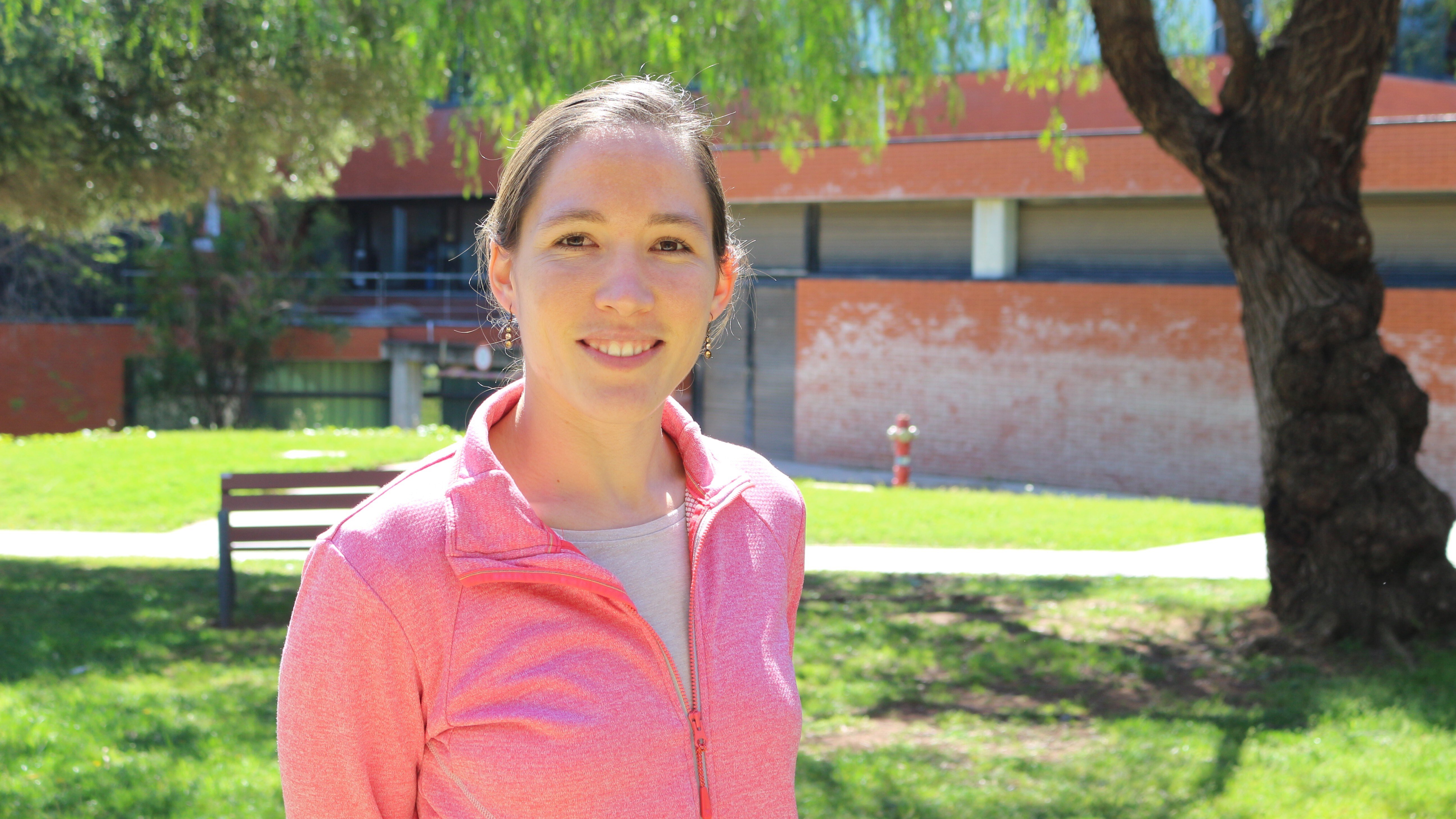The doctoral student Nadja Lessing, of the Institute of Corpuscular Physics (IFIC), located in the scientific-academic area of the Science Park of the University of Valencia, has led the study using the KM3NeT neutrino telescope to investigate one of physics' greatest puzzles: quantum gravity. Its objective is to detect "decoherence" signals in neutrinos, a phenomenon that could provide the first experimental evidence of quantum effects on gravity. The study has been published and highlighted by the prestigious journal Journal of Cosmology and Astroparticle Physics (JCAP) and has had a notable impact on international scientific media
The paper, which is part of the KM3NeT collaboration, analyses data obtained by the ORCA underwater neutrino telescope, located at the bottom of the Mediterranean Sea, with the aim of detecting possible signs of quantum decoherence in neutrinos. This phenomenon, predicted by some quantum gravity theories, could alter the oscillation pattern of these particles, acting as an observable signal of the quantum behavior of space-time.
"Some theories suggest that the neutrino is not an isolated system, but can interact with the quantum fluctuations of the environment," explains Nadja Lessing, who writes her thesis at the VEGA research group, under the direction of Doctors Rebecca Gozzini and Alfonso García Soto, researchers from the GenT programme of the Generalitat Valenciana. This research group is part of the Institute of Corpuscular Physics (IFIC), which is located in the scientific-academic area of the Science Park of the Universitat de València, as well as being a joint center of the CSIC and the University of Valencia.
The analysis of more than 500 days of data, equivalent to an exposure of 433 kiloton-year, has not shown clear signs of decoherence, but it has allowed for new restrictions on the intensity of these effects. "If quantum gravity influences neutrinos, it does so at a lower intensity than our current instruments can detect," says Lessing.
"Discovering decoherence in neutrinos would be a huge milestone. The scientific community is increasingly interested in this issue, since decoherence could be one of the few observable signals of quantum gravity", Nadja Lessing, PhD student at IFIC
Although no conclusive evidence has yet been found, interest in these experiments continues to grow. "Discovering decoherence in neutrinos would be a huge milestone," adds Lessing. "The scientific community is increasingly interested in this issue, as decoherence could be one of the few observable signals of quantum gravity".
The impact of Lessing’s research
Following an interview with Nadja Lessing, SISSA Medialab, a scientific communication service linked to one of Europe’s most recognised research centres, issued a press release on the work. The news was picked up by influential outreach platforms such as PHYS ORG and Universe Space Tech, extending its impact beyond the academic arena.
The impact of the work is also reflected in recognition by JCAP, an international reference scientific journal on theoretical physics, astroparticles and cosmology, published by IOP Publishing in collaboration with the International Institute for Advanced Studies (SISSA). JCAP publishes in open access innovative studies both theoretical and experimental, and highlights only those articles of special relevance to the scientific community.
For Nadja Lessing, leading this work has been a transformative experience: "Leading this analysis at such an early stage of my career has been a great challenge in many ways, not only in terms of the complexity of physics, but also having to present and explain the results internationally", he says.
This study reinforces the importance of neutrinos as tools to explore the limits of modern physics and opens new avenues for future research in the field of quantum gravity and consolidates Nadja Lessing as a young researcher with a promising race ahead.
Source: IFIC
Don’t miss the interview of Nosaltres STEM with the director of the IFIC, Nuria Rius
“Search for quantum decoherence in neutrino oscillations with six detection units of KM3NeT/ORCA”, KM3NeT Collaboration, S. Aiello et al., JCAP03 (2025) 039, https://doi.org/10.1088/1475-7516/2025/03/039 , https://arxiv.org/abs/2410.01388
--
Recent Posts


